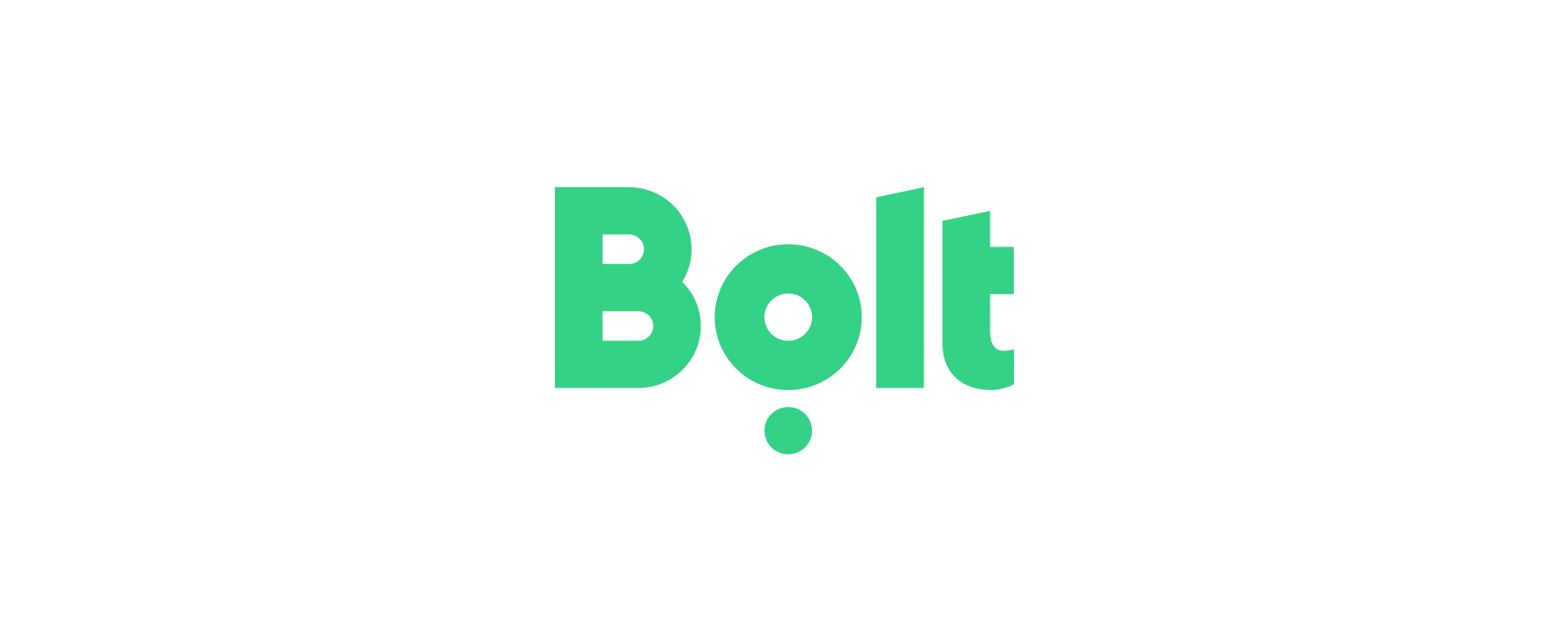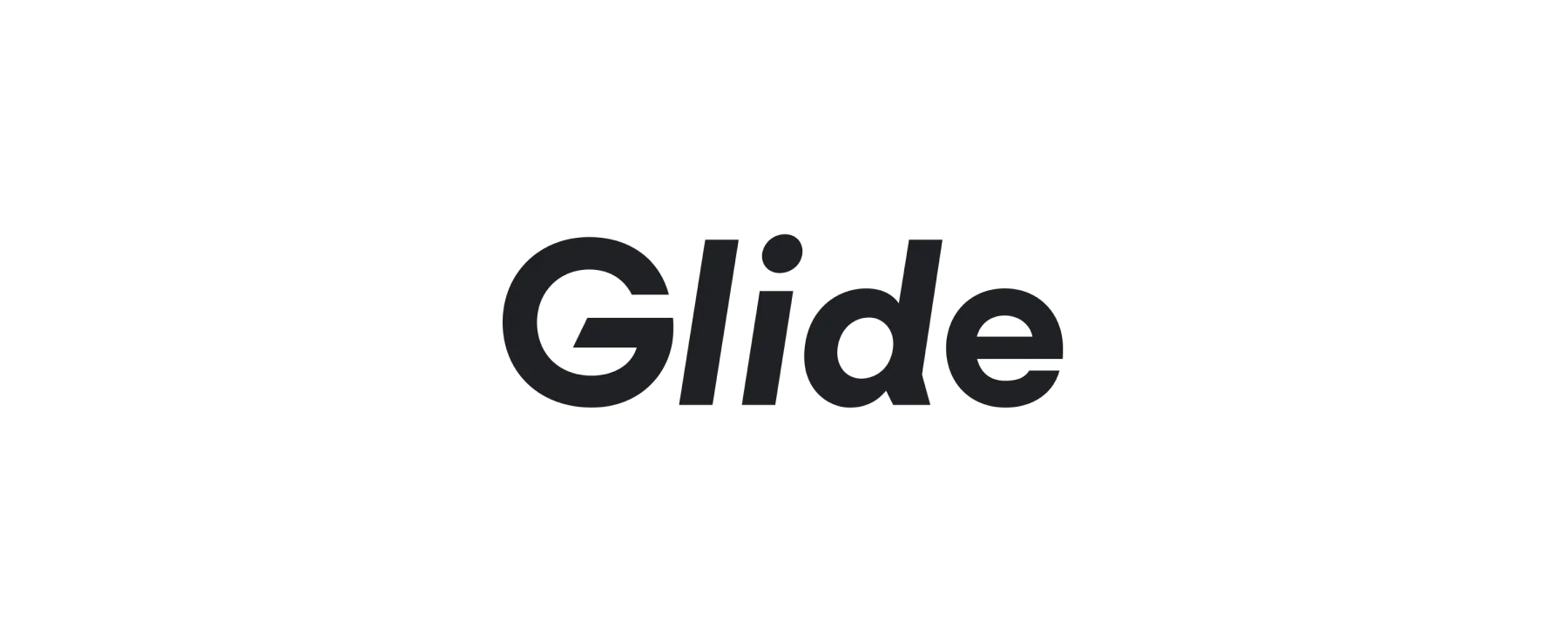How Looka grew its affiliate program to drive one-third of profits
The team at PartnerStack helped us understand the data and build an automated program that supports our partners and our business.
- Looka relied heavily on organic traffic to bring in new users. But in 2019, that organic traffic suddenly dried up. Looka realized it needed to diversify its acquisition channels.
- Looka had an existing affiliate program, but most partners that signed up weren't making sales. When newly-promoted growth manager Matthew Sison took over, he saw an opportunity in re-engaging these partners.
- Using PartnerStack, Looka rebuilt its partner program with automated onboarding and tiered rewards that grew the program to drive 34% of gross profits in 2020 — even as Looka's other channels grew.
When Matthew Sison was promoted from Paid Acquisition Manager to Growth Manager at Looka, he was taking on an incredible challenge: the company’s primary acquisition and revenue channel, organic traffic, had suddenly dried up.
Looka, the AI-powered platform for making logos and building brands, rebranded from Logojoy in 2019. It’s very common for a website’s organic traffic to drop following a rebrand, and the company was prepared for it: they expected to lose up to 30% of its organic traffic, and to recover that amount within six months.
But Looka’s organic traffic ended up dropping by 80%, and that natural recovery would take much longer than expected to come. It was clear that to continue growing the business, Looka would have to diversify its revenue channels beyond organic traffic.
Looka did have an affiliate program with over 5,000 registered partners, but it wasn’t driving nearly as much revenue as it could have been — something Matthew saw as soon as he stepped up into his new role.
He described their old approach to partnerships as “set it and forget it.” There was limited outreach to partners once they joined the program, and they were largely expected to succeed on their own. But Matthew believed that just as prospects can be nurtured into valuable customers, new and inactive partners could be nurtured into top-performers.
“You should treat partners with the same consideration as your customers,” says Matthew. “You’re selling your partner program to these people, asking them to invest time and energy into it. It makes sense to ask your partners what they want and then, if it’s reasonable, give it to them.”
But how do you communicate with over 5,000 partners as a single partnerships manager? Just like with customer nurturing — with automation, of course.
Together, Looka and the team at PartnerStack dug into the data behind those 5,000 partners to understand how they could rebuild their affiliate program into a major profit generator.
And by the end of 2020 they’d done it, growing partnerships to drive 34% of Looka’s gross profit even as profitability across other channels grew, and organic traffic recovered. We spoke with Matthew to learn how Looka used PartnerStack to:
- Segment over 5,000 partners based on activity and revenue
- Automate partner communications and identify high-potential partners
- Provide partners with the resources they need to succeed
Understanding the data behind 5,000+ partners
After taking over Looka’s affiliate program, Matthew’s first order of business was to understand how partners already in the program were performing. “I approached the data with an open mind,” says Matthew, “making note of questions I had along the way like: how do we define an active partner? What does a top-performing partner look like? And are there any natural clusters in the data that group partners together?”
The big thing that stood out: while Looka’s program had over 5,000 partners, most of them would become inactive within a few months of signing up. That meant the program was relying on a very small number of partners to drive most of its revenue: 90% of the program’s monthly revenue was coming from just 15 partners.

Revenue ended up being the metric that made the most sense to group partners by. Looka’s new program breaks partners down into four tiers based on their average monthly revenue:
- Tier A: Top-performing partners who drive over $1,000 in monthly revenue
- Tier B: Partners driving between $200 and $1000 in monthly sales — showing promise, but may need support to reach the next level
- Tier C: Any partners (including brand-new ones) driving under $200 in sales a month
- Tier D: Inactive partners who have driven no sales for over 90 days
To Matthew, the cause of this lack of engagement was clear: Looka hadn’t been communicating with partners, who in the past would often send emails to express that they hadn’t heard any updates in a while.
Matthew believed with the right incentives and enablement, Looka could re-engage many of their inactive partners, give new partners a better experience, and help everyone sell more.
Segmenting partners with automation
To ensure partners get the resources they need and help Matthew focus on the partners that can truly benefit from 1-to-1 support, Looka uses PartnerStack to automatically email partners when they hit certain milestones.
When new partners first join Looka’s program, they start out in Tier C. Upon joining, they receive an automated email from Matthew welcoming them to the program and linking out to helpful resources.
Looka also sends an automated email when a new partner makes their first sale to give some encouragement and let partners know that he’s there to help.

The goal is to support them in making their first two sales, which proves to partners the program can make them money — and proves to Matthew that those partners have potential. Once they’ve made two sales, they’re automatically moved to Tier B, and Matthew reaches out again to establish a more direct relationship.

Matthew shared an example of an affiliate partner that built websites for clients. They drove multiple sales shortly after joining the program and were automatically upgraded to Tier B. Matthew was able to reach out immediately and as a result, Looka was able to build a co-marketing relationship with that partner and support them in driving even more sales. Today, that partner is Tier A, among Looka’s highest-performing partners.
Partners in Tier A receive the majority of Matthew’s direct attention, and get access to unique benefits like exclusive offers for their audience, white-labeling opportunities, and custom assets.

Segmenting partners into tiers helped Matthew understand which partners had the most potential and where he should be spending his time.
Building a path for partner success
Matthew says that one of the most important parts of engaging partners is to show them what success looks like. “Set them up for success with all the resources they need. Give them an incentive to put in the effort, whether it’s through a tiered commission, increased bonuses, or by showing them what a successful partnership looks like.”
Looka clearly communicates their tiered reward structure on their affiliate program landing page, so potential partners see exactly how much they could earn, and the ways they’ll be rewarded for selling more.

Looka didn’t just assume this was something partners wanted — they asked partners how they felt about it using PartnerStack’s challenges feature, which placed a call to action in every partner’s dashboard:
“How would you feel about a tiered commission structure? Our base commission rate would stay at 25%, but as soon as you drive more than $200 in sales within a 30-day period, we’ll increase your commission to 30% and you’ll also have access to bonus offers. Once you hit $975+ in sales within a 30-day period, we increase your commission to 35% and offer white-labeling opportunities. Would this be something you’re interested in?”
Partners were very interested.

It’s perhaps unsurprising that partners were excited by the possibility of earning more, but that was exactly the point: this question sent a clear signal to partners that Looka was invested in their success, and helped Looka understand how many partners were ready to re-engage.
Looka also used challenges within PartnerStack to ask partners, “What type of content would you like to see more of?” And once again, partners were happy to answer:

Responses from partners included:
- “I would like to see more video tutorials.”
- “A video on detailed explanation of Looka’s features, pricing and examples of logos made with Looka.”
- “I would like to see more options when choosing an image to create a logo.”
- “It would be great if you could add video tutorials and video ads in different formats.”
Using the feedback from partners, Matthew and the team at Looka prioritized creating video content and providing more logo examples that partners could look to for inspiration.

Matthew also added questions to their program’s application form on PartnerStack to learn more about who new partners are, and what they need to succeed, as soon as they apply to the program.

How empowerment impacts performance
Partners are showing far more regular engagement with Looka’s program, with a nearly 6x increase in partners who’ve made a sale in the past 100 days.

While the loss of organic traffic made 2019 a challenging year for Looka, recovery was well underway by the next year. Gross profits increased 76% between 2019 and 2020, and the affiliate program’s contribution to profits went up from 25% to 34% in the same time period.
Matthew was able to accomplish this while growing the program all by himself in addition to growing paid search, which he’s also still responsible for. And there are more exciting things happening for the company (and the affiliate program) as Looka starts to offer custom-branded websites and printing services later this year.
Overall, PartnerStack helped Matthew grow Looka’s program by making it easy to:
- Get access to data on how partners were performing
- Automatically segment partners into tiers based on their performance
- Send automated messages based on partner behavior
- Ask partners for feedback directly in their partner dashboard
When we asked Matthew what advice he’d give partnerships managers taking over a program on their own, he replied: “Work with an amazing team. I have to credit Ashley, our Customer Success Manager at PartnerStack: she helped us understand the data and build an automated program that supports our partners and our business.”











